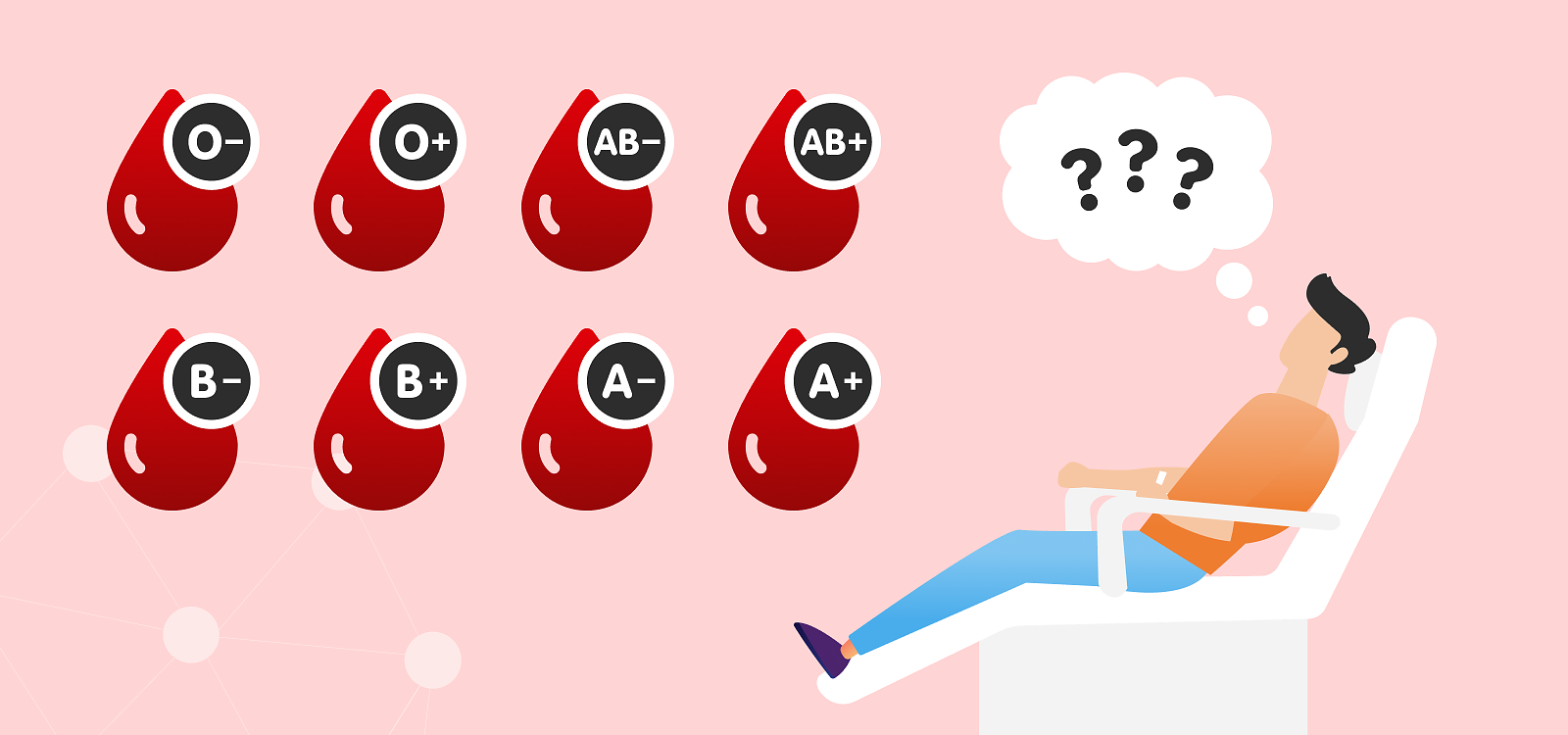Parameter Tuesday: POTASSIUM
Potassium plays a vital role as a major intracellular cation in the body. It is an electrolyte whose concentration is 20 times greater inside your cells than outside. Potassium regulates body fluids, skeletal and cardiac muscle contraction, and the sending of nerve signals. In other words, potassium is the language that your muscles and nerves speak to communicate with each other.
Potassium, the main electrolyte in intracellular fluid, is strongly connected to sodium, the main electrolyte of extracellular fluid. Together they maintain your body fluid and blood volumes at a normal level. Therefore, it is important to have a balanced diet, making sure to consume adequate amounts of potassium and sodium to avoid raising your blood pressure. Nowadays, a diet rich in potassium is unfortunately still underestimated. Ingesting fruits and vegetables such as bananas, apricots, avocado, potatoes, lentils, tomatoes, or squash can have great benefits like reducing blood pressure, protecting you against stokes, and reducing water retention.
Hyperkalemia or high potassium levels can be a very dangerous condition that can come on suddenly and can, in severe cases, cause paralysis of muscles or a heart attack. People who are facing kidney disease, diabetes mellitus, and Addison's disease are prone to hyperkalemia. Severe burns, alcohol ingestion, and excessive ingestion of potassium supplements can cause potassium levels to rise.
Hypokalemia or low potassium levels are rarely caused by insufficient intake or a poor potassium diet. Hypokalemia may be caused by severe vomiting or diarrhoea when your body unexpectedly loses high amounts of potassium. It might also be caused by kidney disorders, adrenal disorders, or some types of cancer. When magnesium levels in your body are low, your body loses potassium through urine which means that hypomagnesemia can cause hypokalemia. Ingesting diuretics, excessive sweating or drinking too much alcohol can also be causes for low potassium levels.






